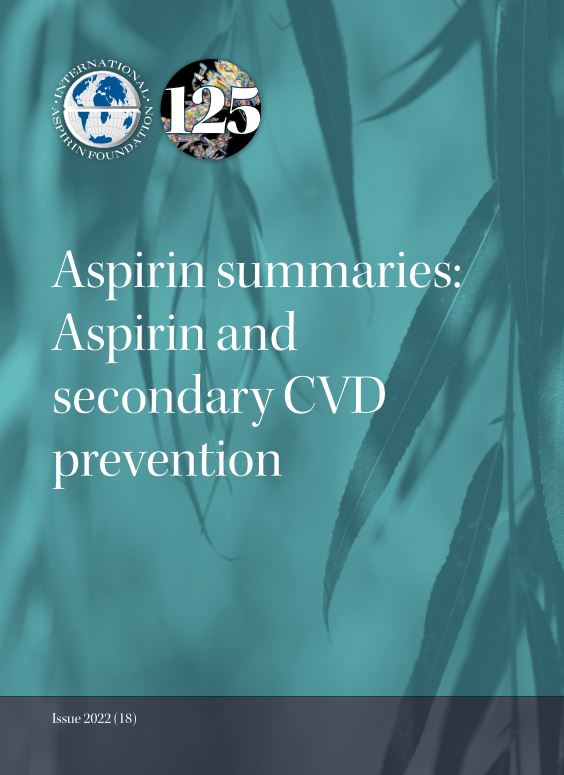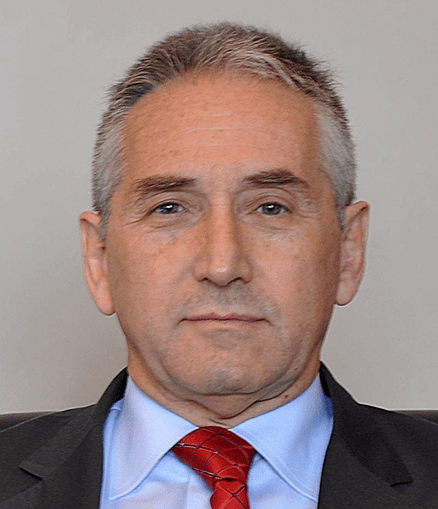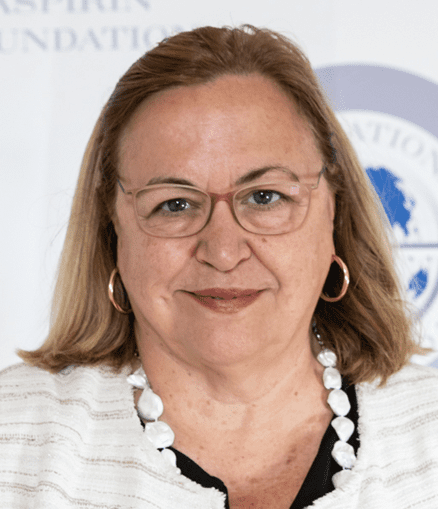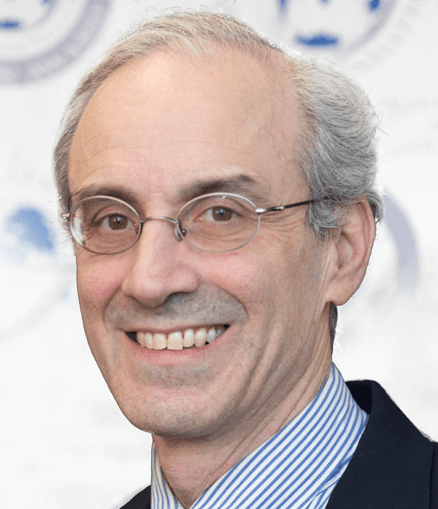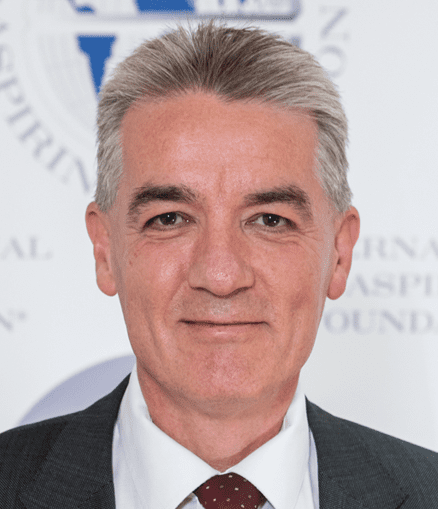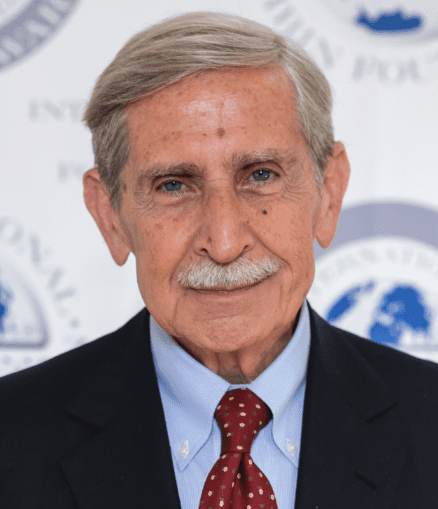Aspirin Summaries Issue 18 : Aspirin and secondary CVD prevention
Aspirin has an important role in secondary CVD prevention. It is a cost effective and well know therapy and there is a growing body of evidence supporting its vital role in dual antiplatelet and dual antithrombotic therapies.
‘ASA is an essential member of the duo that makes up dual antiplatelet therapy (a P2Y12 inhibitor plus ASA) and also dual pathway inhibition (vascular dose rivaroxaban plus ASA). Bhatt and Pollack 2021
The summaries below also explore aspirin’s role as monotherapy after combination therapy.
References
1. Bhatt DL and Pollack CV. The future of aspirin therapy in cardiovascular disease. Am J Cardiol 2021; 144: S40-S47 https://doi.org/10.1016/j.amjcard.2020.12.019
The future for aspirin in cardiovascular disease remains bright
This paper reviews the role for aspirin in cardiovascular disease prevention and concludes that it remains bright. The authors describe how aspirin has been a ‘cornerstone’ of cardiovascular disease for several decades and that there is ‘robust’ data to support its use across a variety of disease states including acute myocardial infarction (MI), past MI, ischemic stroke, peripheral artery disease (PAD) and percutaneous or surgical revascularization.
The main disadvantage to aspirin therapy is bleeding complications. Intracranial bleeding, the most feared complication, is rare with aspirin monotherapy. Gastrointestinal bleeding is the most common bleeding complication with aspirin and the use of proton pump inhibitors (PPI) is of growing interest as a way to manage and reduce this risk.
The paper reviews new formulations of aspirin including a phospholipid-coated tablet, an inhaled nanoparticle of aspirin and an aspirin loaded solid lipid microparticle. In addition, an extended-release formulation is being looked at to help ensure 24-hour coverage. More research is underway with these initiatives.
The authors also explore aspirin resistance saying that true biochemical resistance is rare. Instead, it appears waning adherence levels over time account for what appears to be a resistance and declining efficacy with aspirin therapy.
The paper looks at some of the trial work for dual pathway inhibition with low dose aspirin and low-dose rivaroxaban and concludes that there is growing body of evidence to support this especially in people who have PAD and polyvascular disease. It also explores the important role aspirin plays as part of DAPT and the use of risk scores to help predict who will benefit from prolonged versus shorter periods of DAPT.
Increased platelet production and turnover in some high-risk patients may result in lack of 24-hour antiplatelet protection and twice daily dosing regimens are being explored. This fits in well with other antiplatelets used in DAPT such as ticagrelor that require twice daily regimens.
The authors state:
‘Newer dosing regimens or novel formulations of ASA may further improve the already favorable profile of aspirin and enhance the utility of this remarkable drug.’
For further information please see:
Bhatt DL and Pollack CV. The future of aspirin therapy in cardiovascular disease. Am J Cardiol 2021; 144:S40-S47 https://doi.org/10.1016/j.amjcard.2020.12.019
Antiplatelets and secondary prevention of non-cardioembolic ischemic cerebrovascular events.
Antiplatelets play a key role in the prevention of recurrent vascular events after acute cerebrovascular ischemia, an important area of management as 20% of people with a first event can go on to have a second cerebrovascular event within 3 months.
Current international guidelines recommend starting aspirin (< or = 325 mg once daily) as soon as possible after symptom onset. However, because some events were still occurring despite using aspirin more intensive regimens were sought.
This paper reviews some of the key trials for exploring newer and dual antiplatelet therapy (DAPT) including SOCRATES and THALES for testing aspirin and ticagrelor and POINT and CHANCE for testing clopidogrel and aspirin.
The authors conclude that there are still unanswered questions surrounding the best antiplatelet regimen to use following a stroke or TIA. CHANCE and POINT showed that aspirin plus clopidogrel gave a significant benefit, in the acute time period in terms of reduced ischemic risk without major bleeding risk. However, more research is needed to further explore the longer-term use of DAPT as so far trials such as MATCH, SPS3 and CHARISMA have not conclusively proved a net clinical benefit.
The THALES trial, in people with mild to moderate acute non-cardioembolic ischemic stroke or TIA, showed a benefit from ticagrelor and aspirin in reducing ischemic events over that produced by aspirin alone. This improvement in stroke prevention was not countered with extra bleeding risk. Ticagrelor and aspirin may therefore have a role in the long-term prevention of ischemic events especially in people with a high thrombotic risk but a low haemorrhagic risk.
The authors also identify that the best strategy for those already taking aspirin at the time of a stroke or TIA is not well established and work to find out if there is a benefit of switching to an alternative or combination therapy is needed.
For further information please see:
De Luca L, Bellettini E, Maio DD et al. Oral Antiplatelet therapy for secondary prevention of non-cardioembolic ischemic cerebrovascular events. J. Clin. Med. 2021 10,1721. https://doi.org/10.3390.jcm10081721
Less may be more – aspirin monotherapy after BioFreedom stent and 1-month of DAPT
This editorial recognises DAPT as a ‘cornerstone therapy’ for people who have undergone a percutaneous coronary intervention (PCI) with evidence of its benefits accumulating over the last two decades. The optimum length of time to use DAPT is still however a matter of debate as the lower risk of ischemic events is countered by increased bleeding risk. Newer drug eluting stents (DES) with better biocompatibility may result in a change to the accompanying antiplatelet regimen required.
Whilst there is positive meta-analysis evidence for PCI with second generation DES with short (1-3 month) DAPT followed by monotherapy with a P2Y12 inhibitor work is needed to see if the P2Y12 inhibitor is superior to aspirin for monotherapy.
The editorial reviews a large, multicentre randomised trial presented in JACC in the same issue with aspirin monotherapy after 1 month of DAPT for 3020 patients undergoing non-complex PCI. This trial demonstrated noninferiority of aspirin monotherapy after 1-month DAPT versus standard 6 –12 month DAPT in terms of cardiac death, nonfatal MI, target vessel revascularisation, stroke or major bleeding.
The editorial points out some limitations of the study and areas for further work:
• The study was carried out in a Korean low-risk PCI population – this can be seen as hypothesis generating for future studies in other populations
• Bias could have been introduced as the study allows the physician to decide the length of DAPT in the non-monotherapy arm (75% of patients received 12 months of DAPT).
• More data is needed on bleeding events
• There were some procedural issues in the trial
• More work is needed to understand if differences exist according to acute coronary syndrome (ACS) type
The authors conclude that study offers an intriguing new perspective for 1-month DAPT followed by aspirin monotherapy for selected patients who are undergoing noncomplex PCI.
‘1-month DAPT followed by aspirin monotherapy might be a reasonable option in selected patients.’’
For further information please see:
Gargiulo G and Esposito G. Aspirin monotherapy after BioFreedom Stent and 1-Month DAPT; Is less more even in low-risk patients? JACC Interventions 2021 14(16):1812-1812.
And
Hong SU, Kim JS, Hong SJ et al. 1-month dual antiplatelet therapy followed by aspirin monotherapy after polymer-free drug-coated stent implantation: One-month DAPT trial. JACC Interventions 2021 14(16):1801-1811.
Three- or one-month DAPT in patients with high bleeding risk undergoing everolimus-eluting stent implantation
This study enrolled 3,652 participants, who had a high bleeding risk (HBR) in order to assess the safety and efficacy of two shortened DAPT regimens for people with a high bleeding risk undergoing PCI and provides further evidence for the best anti-platelet strategy after drug eluting stents rather than the previous first generation bare metal stents. After a one- or three-months period in event- free patients DAPT with a P2Y12 inhibitor plus aspirin was discontinued and patients continued aspirin monotherapy.
The researchers found that in this group of patients, with a high risk of bleeding undergoing PCI with these new generation stents, DAPT for 1- or 3-months was not inferior to 6- or 12-months in terms of ischemic outcomes and there appears to be less major bleeding and less stent thrombosis in the abbreviated DAPT schedules.
The authors state:
“Our findings build on this prior evidence by demonstrating that discontinuing DAPT as early as 1 or 3 months after PCI with new-generation everolimus -eluting stent is a safe approach and may be considered in HBR patients undergoing noncomplex procedures.”
For further information please see:
Mehran R, Cao D, Angiolillo DJ et al. 3- or 1-month DAPT in patients at high bleeding risk undergoing Everolimus-Eluting Stent implantation. JACC Cardiovascular Interventions. 2021 14 (7): 1870-1883 https://doi.org/10.1016/j.cin.2021.07.016
Editorial – is it time to say goodbye to 1-year DAPT?
This editorial piece reviews the evidence for antiplatelet duration following PCI with drug eluting stents, including a discussion of the Palmerini et al 2021 paper in the same issue of the journal, and question the use of 1 year DAPT. The authors also explore the difficulties in designing a DAPT strategy in such a heterogenous group of patients.
Another challenge is the fact that the stents and procedure itself is evolving and with this the way DAPT is used needs to change. Newer generation stents and intravascular imaging for PCI optimisation has resulted in different post procedural risk.
The authors conclude:
“Ultimately, the determination of optimal DAPT duration can be complex and must couple clinical judgement with appropriate risk scores.”
For further information please see:
Parikh PB. Dual antiplatelet duration after DES. Is it time to say goodbye to 1-year DAPT?
J Am Coll Cardiol.2021;78(20):1987-1989. https://doi.org/10.1016/j.jacc.2021.08.071
And
Palmerini T, Bruno AG, Redfors B, et al. Risk-benefit of 1-year DAPT after DES implantation in patients stratified by bleeding and ischemic risk. J Am Coll Cardiol. 2021;78:1968-1986
Rivaroxaban and aspirin in patients with symptomatic peripheral artery disease.
This study explores the role of low-dose rivaroxaban and aspirin for people with symptomatic lower extremity (LE) peripheral artery disease (PAD) with the aim of better understanding which features of LE PAD can help predict major vascular events and whether low-dose rivaroxaban added to low-dose aspirin can reduce vascular risk.
Using data from the COMPASS study the researchers found that in people with high-risk limb presentations or high-risk comorbidities low-dose rivaroxaban with aspirin compared with aspirin alone resulted in an estimated 4.2%(95%CI,1.9%-6.2%) absolute reduction in risk for major adverse cardiac events (MACE) or major adverse limb events (MALE) at 30 months. They further studied risk versus benefit including a relatively low fatal or critical organ bleeding rate and estimated a net clinical benefit of 3.2% (95% CI, 0.6%-5.3%) for the combination regimen in this group of patients.
The author concludes:
‘For these patients, treatment with combination rivaroxaban and aspirin leads to a large and clinically important decrease in ischemic vascular events.’
For further information please see:
Kaplovitch E, Eikelboom JW, Dyal L et al. Rivaroxaban and aspirin in patients with symptomatic Lower Extremity peripheral artery disease. A subanalysis of the COMPASS randomised clinical trial. JAMA Cardiol. 2021;6(1):21-29 doi:10.1001/jamacardio.2020.4390
A meta-analysis of low-dose rivaroxaban and aspirin in patients with PAD from the COMPASS and VOYAGER trials
In this meta-analysis the authors seek to determine if the efficacy and safety of combination low-dose rivaroxaban and aspirin are consistent across a broad range of people with PAD and can help to reduce the high incidence of major cardiovascular events seen in this population.
Using data from 11 560 patients with PAD and 9332 with lower extremity (LE) PAD enrolled in COMPASS and VOYAGER trials, the researchers conducted a random-effects meta-analysis. They found low-dose rivaroxaban in combination with low-dose aspirin was superior to aspirin on its own for reducing a composite of CV death, myocardial infarction, ischemic stroke, acute limb ischemia and major amputation. Bleeding risk did increase but no significant increase in the incidence of severe bleeding was observed. The subset of patients with LE-PAD showed a similar pattern.
The author concludes:
‘Among PAD patients, low-dose rivaroxaban plus aspirin is superior to aspirin alone in reducing CV and limb outcomes including acute limb ischemia and major vascular amputation.’
For further information please see:
Anand SS, Hiatt W, Dyal L et al. Low-dose rivaroxaban and aspirin among patients with peripheral artery disease: a meta-analysis of the COMPASS and VOYAGER trials. European Journal of Preventive Cardiology.202100,1-9. Doi:10.1093/eurjpc/zwab128
Disclaimers:
• The information, views and opinions expressed are not endorsed or approved by members of The Scientific Advisory Board unless otherwise stated.
• The Information section is compiled using current published information at the time of writing and whilst every effort has been made to avoid errors, professional clinical judgement is required to interpret the information given. The information given is referenced clearly for further analysis as required.
• Every effort is made by the International Aspirin Foundation to see that no misleading or inaccurate data, statement or opinion appear. The International Aspirin Foundation cannot be held responsible for any errors or for any consequences arising from the use of the information.
• The International Aspirin Foundation, its associates and The Scientific Advisory Board accept no liability whatsoever for the consequences of any such inaccurate or misleading data, information, opinion or statement.
• Any information involving drug usage, should only be followed in conjunction with the drug manufacturer’s own published literature in their own country.
• Medical sciences evolve on a continual basis and therefore independent verification of the content should be made.
• The information, views, opinions and any other material provided should not be relied upon as a substitute to professional medical advice in relation to any medical condition. The International Aspirin Foundation, its associates and The Scientific Advisory Board accept no liability whatsoever for any consequences arising from any reliance placed on such information, views, opinions and other materials in lieu of professional medical advice.

